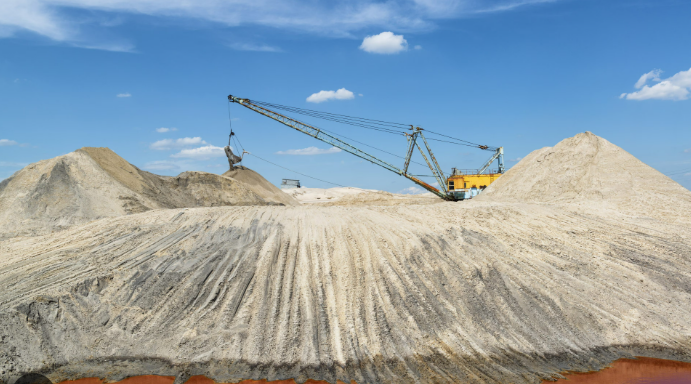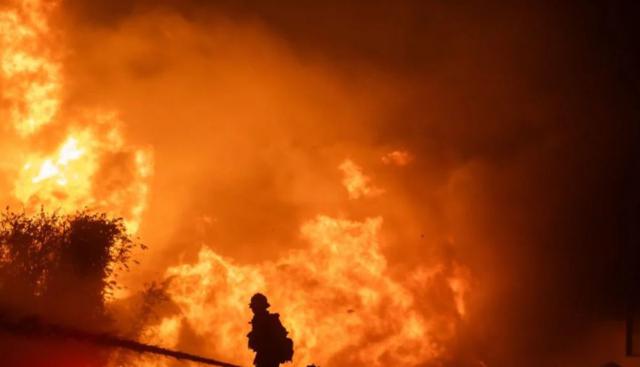[ad_1]
YOGYAKARTA, Indonesia (Reuters) – Scores of bright orange-colored fish dart about in the clean waterways flowing through Indonesia’s lush-green village of Wukirsari, in the ancient city of Yogyakarta.
Only a few months earlier, the waters were clogged with household waste, imperiling marine life, just like the canals in many other villages in the country of more than 260 million.
“It’s better like this, clean and good-looking,” said 76-year-old Tuminah, who goes by one name, like many Indonesians.
The change began in May, when a group of young people kicked off efforts to spread simple techniques of cleanliness, waste management and recycling to allay villagers’ fears that the garbage clogging the waterways would pollute their rice fields.
Led by 35-year-old Ari Ahmad Zulfahmi, the young people began to clean the village and show their neighbors how to separate garbage for recycling and turn the waterways into catchments from which they could harvest fish.
“Our organic waste is used to support our vegetable garden activities, and plastic waste and bottles for potted plants,” said Zulfahmi.
Used bottles are turned into puppets and other toys by children, he added.
Local authorities back the program, and have even provided tilapia fish for the harvesting effort.
The cleanup has won praise from others besides residents.
“I can bring my son here to play and see how the dirty waterway has now become a pond of fish,” said Iis Soraya, a visitor from a nearby village.
Writing by Muralikumar Anantharaman; Editing by Clarence Fernandez
[ad_2]
Source link






Leave a Reply